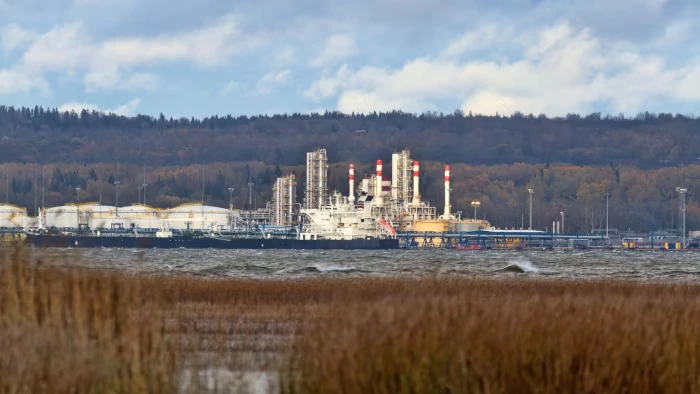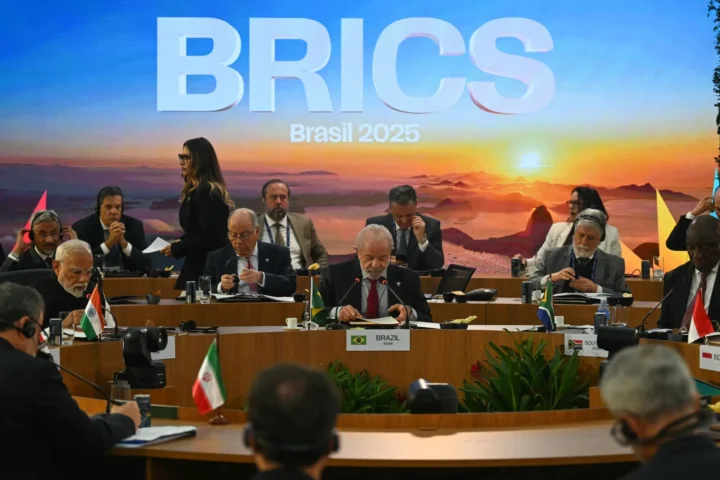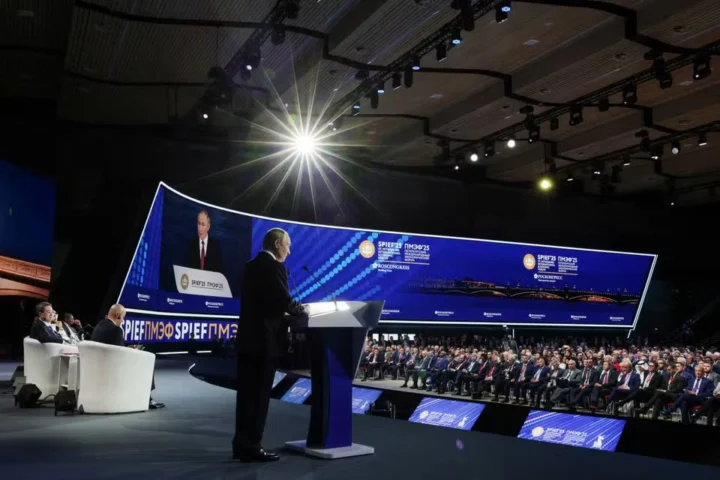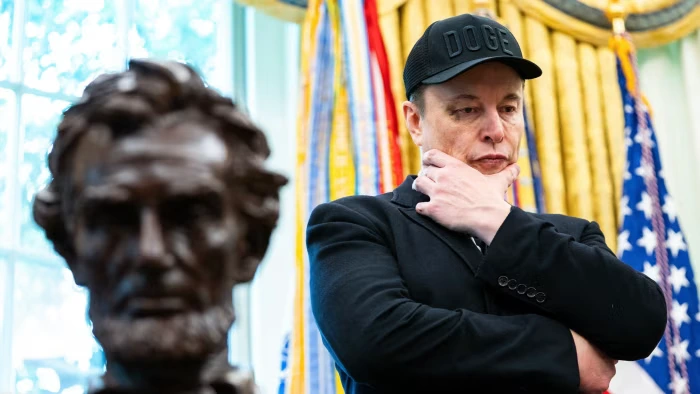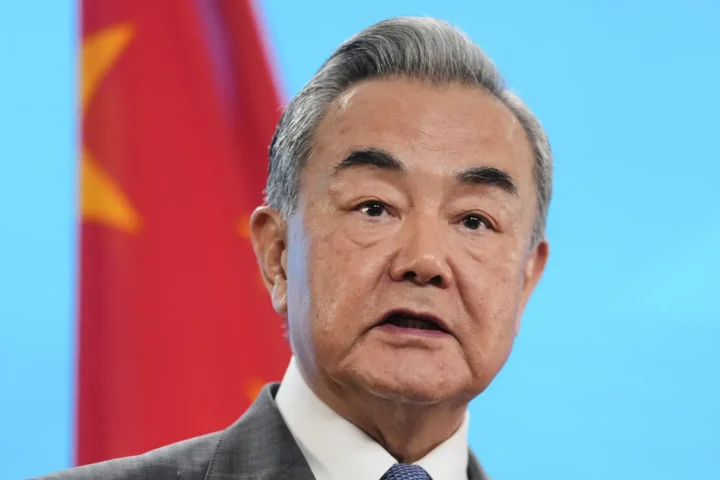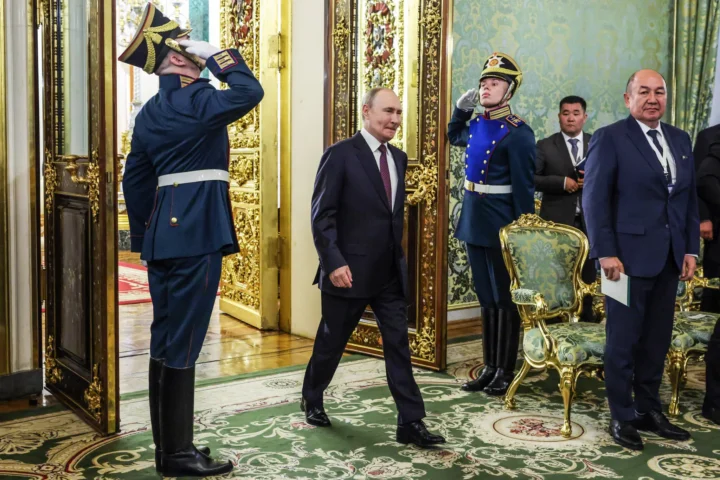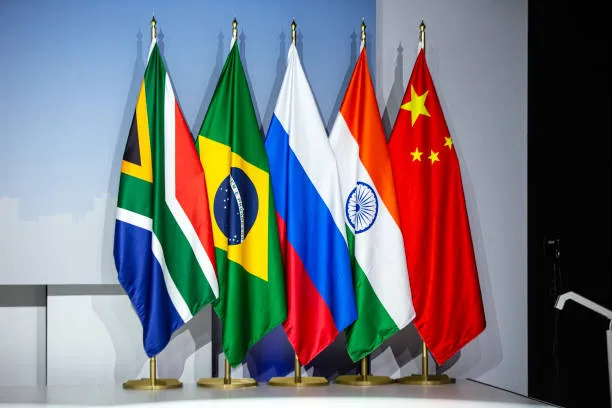In 2025, Russia has intensified its financial efforts to attract volunteers for its special military operation (SMO). Regional authorities across the country are offering substantial one-time payments, with the demand for recruits continuing to grow, as reported by the Telegram channel “Nezygar.”
Record-Breaking Payments Across Regions
Regions such as Saint Petersburg, Primorsky Krai, Magadan, Smolensk, Chuvashia, and Bashkortostan have notably increased financial incentives. In some cases, one-time payments have soared to 4.8 million rubles (approximately $51,000), a record-high sum. However, the majority of regions provide compensation ranging from 1.5 to 2 million rubles ($16,000–$21,000).
Data suggests that nearly 60% of Russian regions now offer more than 1 million rubles for signing a volunteer contract. This figure includes both municipal and federal bonuses, showcasing the concerted financial effort to meet recruitment goals.
Tatarstan stands out with a unique recruitment strategy, offering agents up to 150,000 rubles for every individual they successfully recruit as a volunteer.
Rising Incentives Reflect Growing Challenges
The significant increase in payments highlights the urgency of recruitment efforts, with regions striving to meet quotas set for April 1. Despite these incentives, securing sufficient volunteers remains a daunting task. Insiders confirm that demand continues to outpace the number of willing participants.
“Material incentives work in the short term, but their impact fades within four to five months,” said one source familiar with the recruitment strategy. The heightened financial offers are also seen as an alternative to compulsory mobilization, which the federal government appears keen to avoid. Even economically weaker regions have managed to find funding for these initiatives, although 30–35 regions reportedly depend on federal support for their expanded recruitment budgets.
The Intersection of Recruitment and Conflict
The push for recruitment persists amid uncertainty about peace negotiations or the potential cessation of hostilities. Analysts suggest that a perceived conclusion to the conflict could encourage more individuals to volunteer, motivated by the financial rewards. “When people believe the end is near, they’re more inclined to sign up to secure the benefits,” noted a sociologist. However, experts agree that such a scenario is not yet in sight.
Looking Ahead: The Future of Recruitment
While financial incentives remain the primary tool for attracting volunteers, their effectiveness appears to be waning over time. Regional authorities may need to adopt innovative approaches to address ongoing personnel shortages and sustain recruitment efforts.







